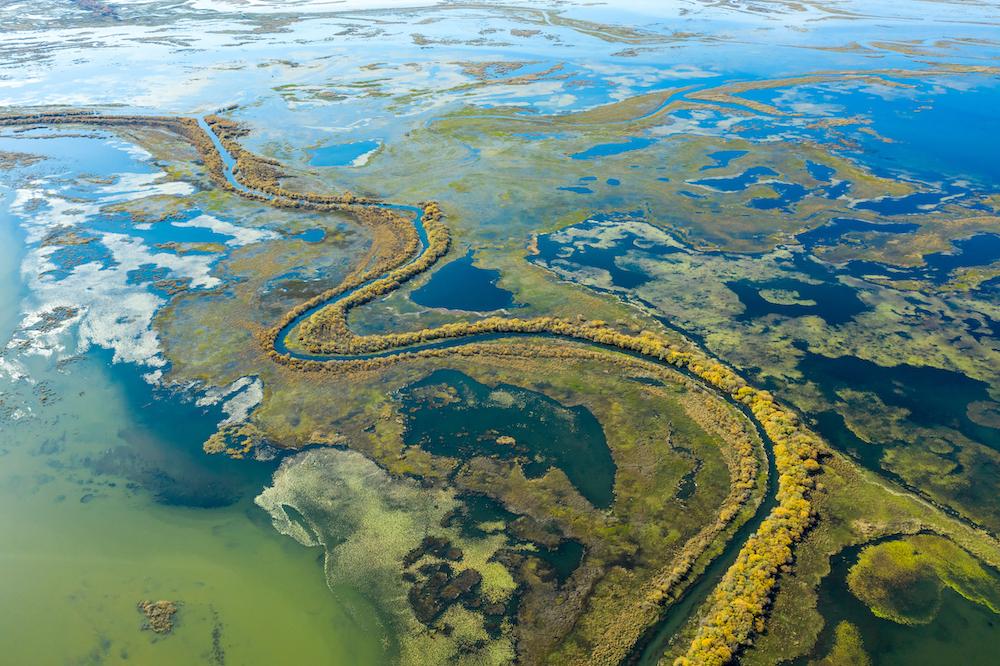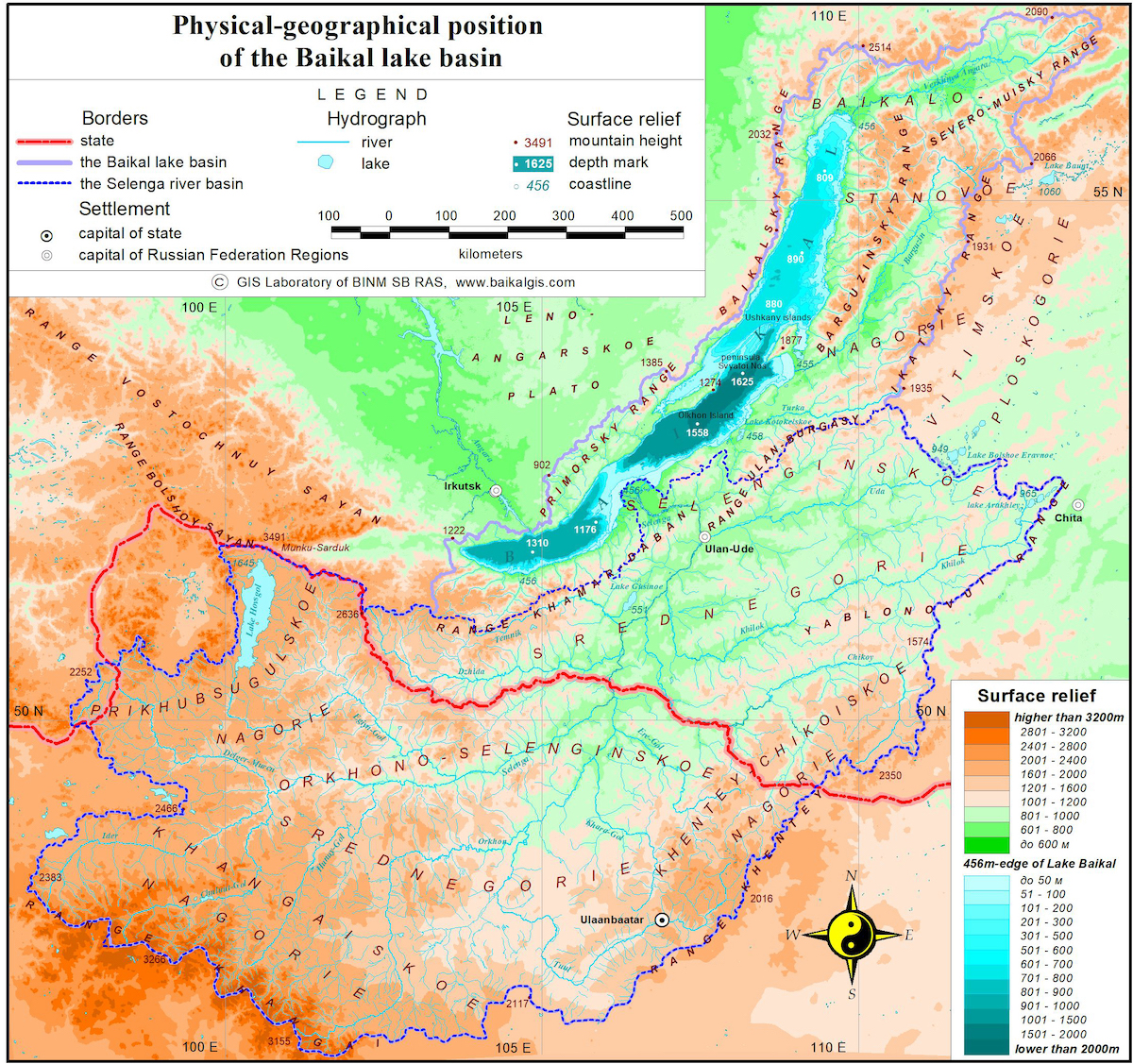
Project Summary
Recent years have seen increased global policy concern with the management and governance of fresh-water resources. From a humanitarian perspective, the United Nations aims to tackle global challenges associated with water access. From the perspective of international law, a growing body of multilateral agreements aims to ensure countries have fair access to trans-border rivers. Against these backgrounds, the social sciences pay increasing attention to fresh water as a scarce global resource requiring careful management.
We use ethnographic methods to explore the politics of managing, and planning the management of, trans-border rivers on water resource frontiers. Such frontiers are critically important as they are sites where different national interests collide over the management of often contested water resources.
The river Selenga (Mongolian: Сэлэнгэ мөрөн; Russian: река Селенга; Chinese: 色楞格河), whose management we study, provides an exemplary case study of such collisions. Running from northern Mongolia into Russia’s Lake Baikal, the Selenga is also the object of extensive Chinese economic and political interest. Unhindered by multilateral legal agreements of the sort that govern other trans-border rivers, Mongolia strives for energy security by proposing hydroelectricity plants on tributaries of the Selenga. Russia aims to preserve the unique ecology and cultural significance of Lake Baikal by protecting its water inflow from the Selenga. And China seeks to fuel economic growth in its arid northwest and central agricultural provinces through plans of water-abstraction from Inner Asia.
This an ESRC funded Research Grant, 03 January 2022 – 19 November 2025.
Key contacts
Dr Sayana Namsaraeva (Senior Research Associate)
Dr Joseph Bristley (Research Associate)

